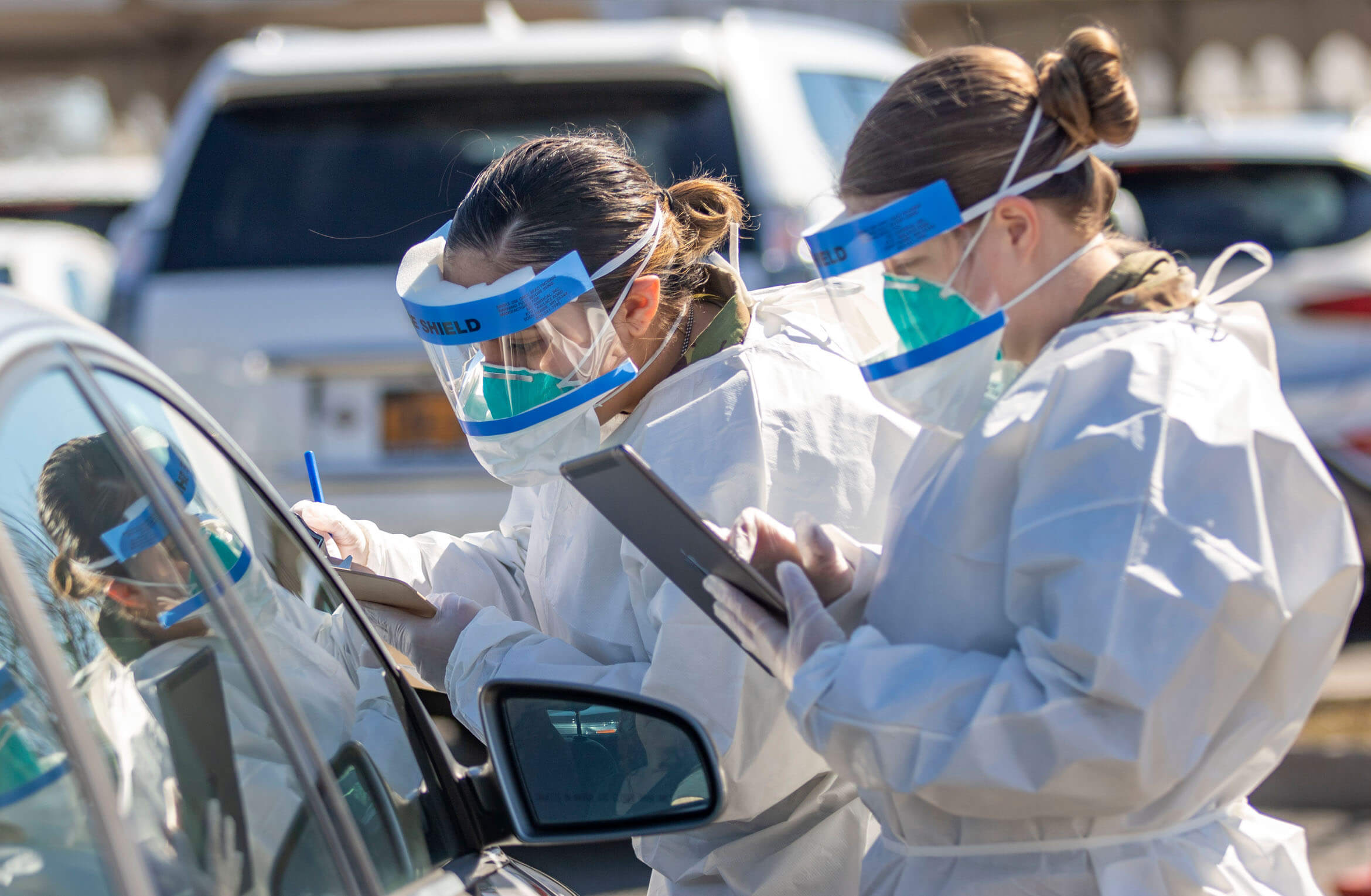
A study published in Social Psychological and Personality Science found that although belief in one conspiracy about COVID-19 was linked to the belief in another, the two theories were associated with distinct pandemic-related behaviors.
Conspiracy beliefs are often strongly correlated and psychology literature points to the idea of a generalized conspiracy mindset, viewing such beliefs as the expression of an overall attitude.
“Although this general pattern seems to be one of the most robust findings in the psychology of conspiracy theories,” study authors Roland Imhoff and Pia Lamberty say, “in the current COVID-19 situation, two popular conspiracy theories did not only seem to be logically incompatible but might be related to different behaviors as well.”
The behavioral implications of COVID-19 conspiracies are important, the researchers say, because people who support conspiracy theories are less likely to trust science, and may be less likely to follow public health guidelines to slow the spread of the virus.
Three separate studies were conducted — two involved separate samples of 220 and 288 US men and women and the third involved a sample of 298 UK men and women.
To assess the belief that COVID-19 is a hoax, all participants rated their agreement with statements like, “Experts intentionally mislead us for their own benefit, even though the virus is not worse than a flu.” To assess the belief that COVID-19 is a man-made disease, they rated statements like, “Dark forces want to use the virus to rule the world.” Participants also rated the extent that they engaged in behaviors related to containing the virus (e.g., social distancing, hand hygiene) and prepping behaviors (e.g., hoarding supplies, using alternative remedies).
Results for all three studies showed that belief in the two conspiracies was positively correlated, despite the fact that the two theories contradict each other. Still, each conspiracy theory was associated with different behaviors.
As researchers predicted, all three studies showed that those who believed that COVID-19 was a hoax were less likely to partake in containment related behaviors like physical distancing and handwashing. On the other hand, those who believed that COVID-19 was a man-made disease were more likely to engage in self-centered prepping behavior, such as hoarding.
Interestingly, the two US samples showed an additional correlation between believing COVID-19 is a hoax and prepping behavior. This suggests that those who endorse the belief that the coronavirus is no more dangerous than the flu can still resort to overreactions to the pandemic, such as stocking up on goods. “This finding”, the authors say, “raises some doubt as to what extent these respondents were actually fully convinced of their own opinion . . . ”
The study was limited by the fact that it relied on correlational data and causality cannot be inferred. The authors express that while it seems more likely that people adjust their behavior to fit their conspiracy beliefs, it could also be that people adjust their beliefs to suit their behavior.
The study, “A Bioweapon or a Hoax? The Link Between Distinct Conspiracy Beliefs About the Coronavirus Disease (COVID-19) Outbreak and Pandemic Behavior”, was authored by Roland Imhoff and Pia Lamberty.
(U.S. Army National Guard photo by Sgt. Amouris Coss)
"behavior" - Google News
July 30, 2020 at 06:22AM
https://ift.tt/312QMbV
Different conspiracy beliefs about COVID-19 are linked to distinct behaviors during the pandemic, study finds - PsyPost
"behavior" - Google News
https://ift.tt/2We9Kdi
Bagikan Berita Ini














0 Response to "Different conspiracy beliefs about COVID-19 are linked to distinct behaviors during the pandemic, study finds - PsyPost"
Post a Comment